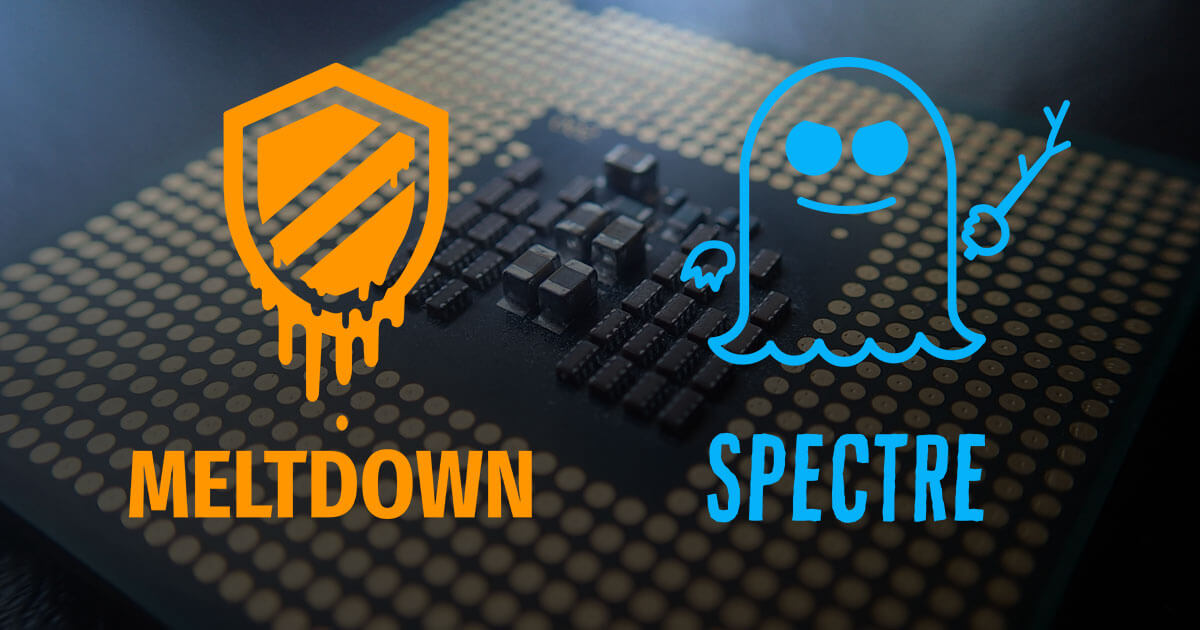
Spectre & Meltdown:
What is it?
What is its potential impact?
How to protect your desktop / laptop / servers from Meltdown?
How to protect your smartphones and tablets from Spectre?

Join our newsletter to learn about business technologies with expert advice to help you empower your business and maximize IT productivity.
Read More
"I am extremely pleased with the services provided by Netmon. Their team has consistently demonstrated a high level of professionalism, technical expertise, and responsiveness. They've helped us streamline our IT infrastructure, ensuring that our systems run smoothly and securely. Their proactive approach to maintenance and support has saved us time and headaches. I highly recommend their services to any business in need of reliable IT support. Dusko is the best IT manager out there."
"I want to thank you for sending Sean and Chris to help out with our Radius server situation. Marty indicates that they were extremely helpful and acted with the upmost professionalism."
"We've always had a great experience with Netmon. Professional, friendly, fast, and answered all of our questions. They are great to deal with, very reliable. We'll continue to use their services for our tech needs and highly recommend them."
"From our first contact with Sladja, a pleasant and highly efficient IT coordinator, to the prompt and professional IT and support services provided by technicians Steve and Rob, Netmon has been consistently responsive to our company for the past several years. We rely on Netmon and we're never disappointed."
"We switched to Netmon in 2019 when our current IT company was just not providing the service we required as a growing company. Netmon was quick to respond and professional, giving us multiple solutions for our needs and never pressuring for a decision. Their technicians are very knowledgeable and quick to respond to service requests. Very satisifed."

Windsor-Essex
Chatham-Kent
London-Middlesex
Sarnia-Lambton
Kitchener-Waterloo
55 Edinborough St, Suite 200
Windsor, ON N8X 3C3
Tel. 519-944-8365
Fax 519-944-4867
info@netmon.ca
sales@netmon.ca
support@netmon.ca
Join our newsletter to learn about business technologies with expert advice to help you empower your business and maximize productivity.
© Netmon Services | sitemap | privacy policy
Managed IT Services, IT Support, IT Outsourcing, Remote IT Support, Cloud Services, Networking Services, Data Backup and Recovery Services, Enterprise Network Devices and Hardware and Software Deployment for Windsor, Essex County, Tecumseh, Belle River, Lakeshore, LaSalle, Amherstburg, Harrow, Leamington, London and surrounding regions.